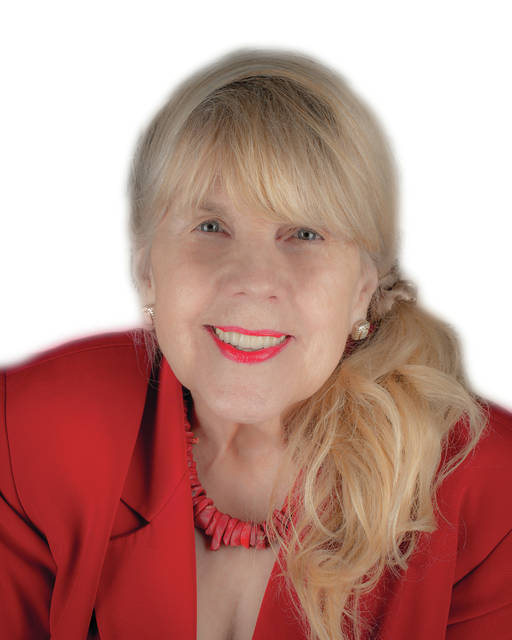
Have you ever seen a U-Haul behind a hearse? Probably not.
Is death the only thing that we know for certain in our turbulent world? Yes.
Do you watch Mike and Frank in “American Pickers” as they travel throughout the country, locating stashes of stuff squirreled away in attics, basements and out buildings? I frequently take a vicarious trip with them to see what treasures they will unearth and watch them bargain with the owners of this rusty gold, as they term their finds.
The world’s oldest person, super-centenarian Nabi Tajima, died on April 21, at age 117. She credited her longevity to “eating delicious things and sleeping well.” I wonder if she was a hoarder. I doubt it.
Within minutes of arriving at my maternal grandmother’s house on the Cumberland River in Harlan County, Kentucky, I knew in my way or another I would get the message, “What did you bring me?”
I made certain I had something to proffer: a painting, glassware, and, if push came to shove, a box of Russell Stover chocolates.
When my grandmother, Viva Moore Adams, died in 1991 at age 96, she was the sole occupant of her seven-room house, which was filled with things as was most of a four-room house she also owned across her driveway.
Why did she want to acquire and acquire and acquire? What makes any of us do that? And more importantly, when and how do we decide to let go of things?
“Dostadning” is Swedish for death cleaning, and in January of this year, Margaret Magnusson released her book entitled, “The Gentle Art of Swedish Death Cleaning: How to Free Yourself and Your Family from a Lifetime of Clutter.”
Magnusson maintains that this decluttering can occur at any age or at any stage of life. My grandmother had not done this, as I believe she thought she would live forever.
Before her funeral, the will was read and after the Central Baptist Church service and the brief ceremony at the burial site at Huff Cemetery, the fun began. My mother and the five children of my grandmother’s deceased daughter and son, the inheritors of her estate, began the process of cleaning out the houses. I left as I didn’t want to see her homes disassembled with her belongings going in rented trucks to Ohio, Georgia, and Texas.
After my mother went to live in a nursing home in Toledo, some of my grandmother’s possessions came my way: a marble-top table, a sewing machine, a large antique oval frame with my great grandfather’s portrait and other pieces.
Knowing of my interest in education, my grandmother had given me her library table, which measures a sturdy five feet, decades ago. And in 1986, when I was on my way to become president of Lee College in Texas, she reluctantly gave me an opal and amethyst ring that had belonged to her youngest daughter, Muriel.
My grandson, Jack Tyler, recently bought his first home, so opportunity knocked. The piano I purchased a decade-plus ago, and that I never learned to play, went straight to his home — at a price of $275 to have it moved. He is the main musician in our family, so where else should it go? And I convinced him to take other items as well.
Hailey, my granddaughter, has been teaching math at a high school in Florida since earning a graduate degree at Wright State University and is returning to Ohio to teach this year. I have her name on several pieces. This list includes a wonderful and very large painting of Sabino Canyon, painted by artist Nancy Shuler, as well as a small painting done by that same artist.
Periodically, I donate a suitcase of books to the library at Edison State Community College, where I teach. I also teach a variety of courses to telecommunication employees, so I continue to buy books. My leisure reading is a part of my life as well, and I can usually read a book in a day. In my time, at least 5,000-plus books have passed through my hands. What if I had attempted to keep all of them?
I’ve always admired Henry David Thoreau’s mantra of “Simplify, simplify.” I have a rock that I dug out of the ground at the site of his cabin at Walden Pond, and I’m holding on to that for now.
In conclusion, retired financial advisor Judy Hartman has experienced the labor, the pain, the hurt feelings that can occur when her clients have neglected “dostadning.” She says, “There are families who have difficulty deciding who gets what of the deceased’s personal items, at times fighting over the smallest things. As I begin to dispose of my things, giving them away to friends and family who will treasure them, I get great pleasure in the process.”
Think on these things.


